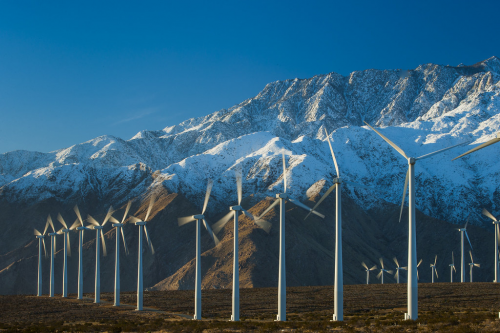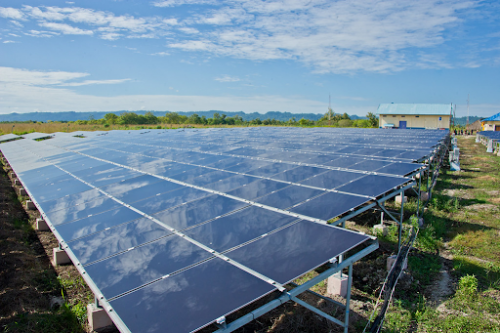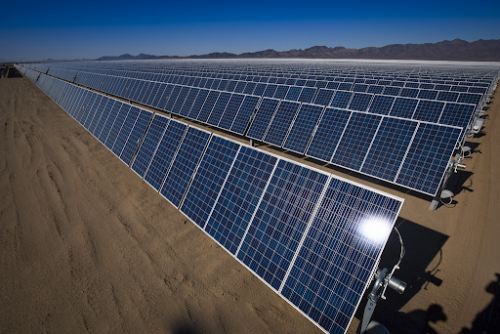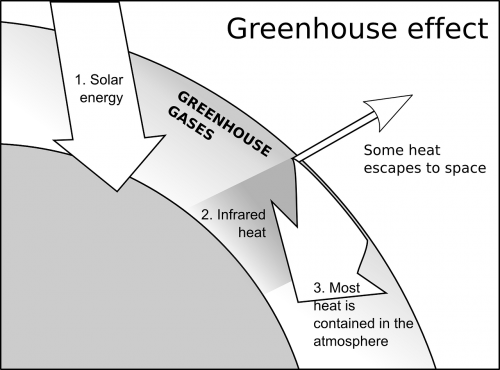
Many people believe that the greenhouse effect is a myth. Who knows, maybe this mindset makes them sleep better at night. The fact is that global warming is a genuine threat and the burning of fossil fuels is one of the primary contributors to this problem.
As it is, the world is facing a climate crisis. Although most developed countries have spent billions on renewable energy sources over the last two decades, fossil fuels are still our primary source of energy. As individuals, we need to do more than compare various energy tariffs. We need to work toward reducing our carbon footprint.
Yet, is renewable energy the solution to our problems? To find an answer to this question, we need to compare the pros and cons.
Renewable Energy Advantages

Fossil fuels, apart from being highly pollutant, are nearing depletion. Renewable resources will never run out. Here are some of the most valuable advantages of going green.
- Renewable sources (sunshine, wind, tides, and biomass, amongst others) are naturally replenished and won’t run out.
- The technology has fewer, and in some cases, no moving parts resulting in lower maintenance requirements, saving both time and money.
- Most renewable power technologies come with little to no operating costs, saving you a significant sum of money in the long run.
- Green energy technology emits little to no greenhouse gasses and other harmful pollutants. This not only reduces the carbon footprint but also has various health and other environmental benefits.
- By producing power locally, you contribute to your country’s independence and lower its reliance on foreign energy sources.
- Long term savings. If you can produce enough power through solar panels and possibly a wind turbine to sustain your home’s electrical needs, you’ll have no electricity bills. Also, should you buy an electric car, you won’t have to pay for fuel either.
Renewable Energy Disadvantages

Even though green energy has many advantages, it also has its drawbacks. The most notable disadvantages are:
-
The initial upfront installation fees are high.
-
Green energy resources are intermittent. For instance, the sun doesn’t shine at night, and some days are windier than others.
-
Even though the technology is available, it’s expensive and bulky, making storage capability a significant concern.
-
Unfortunately, this technology comes with various geographic limitations. Varying climates, vegetation, and topographies, amongst others, can have a considerable impact on your choices and the amount of power you can produce. However, many towns and cities have community solar options in which you can enroll.
How Can Green Energy Reduce Climate Change?

One of the primary causes of climate change is the gases released through fossil fuels’ burning for power. Green energy, which typically has no emission, doesn’t have this effect.
Significantly reducing and ultimately stopping our use of non-renewable sources, the greenhouse gasses surrounding our planet will gradually thin and return to normal, bringing the earth’s temperature down.
The Bottom Line
Typically, this would be called a no-brainer. There are many more advantages to green energy than there are disadvantages, and the pros of using renewable sources by far outweigh the burning of fossil fuels. Using it, we can significantly reduce harmful gas emissions and other pollutants that poison our planet and ourselves.
Interesting Related Article: “Building a Future With Renewable Energy“

